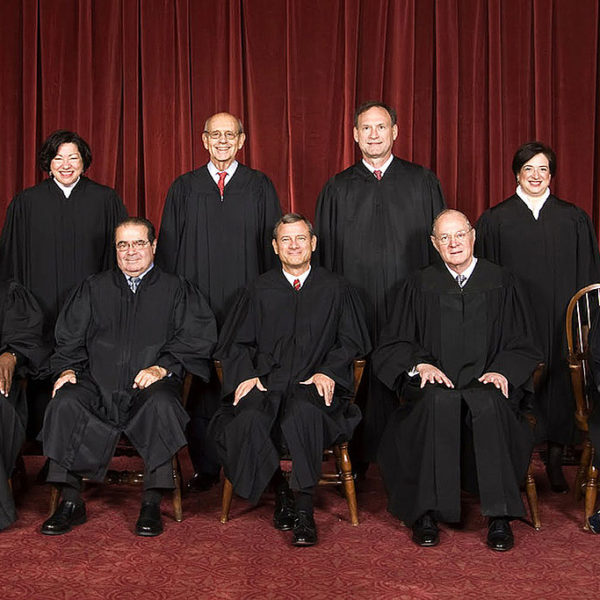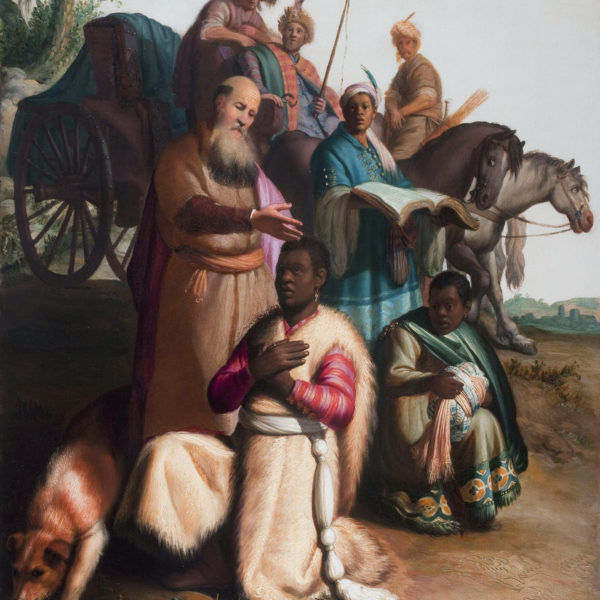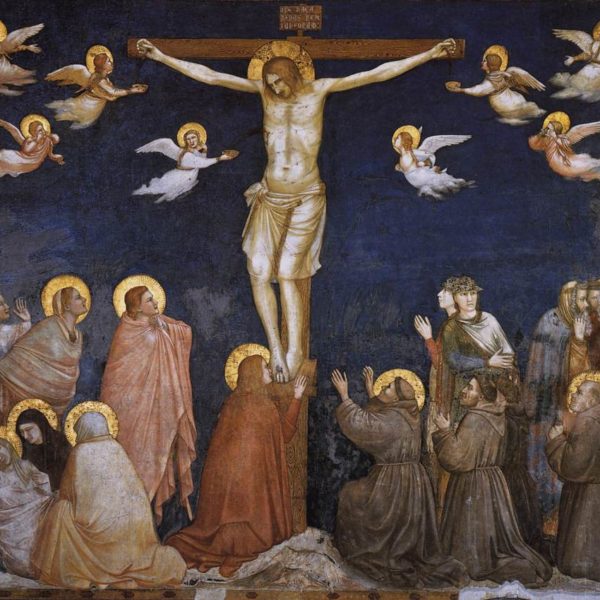
Paul’s vision of a social body formed around a crucified Messiah turns on their head many of the prevailing dominance models of society of his own day. The concern for members of society otherwise marginalized and devalued produced by such a political vision is one with considerable relevance to our own day.
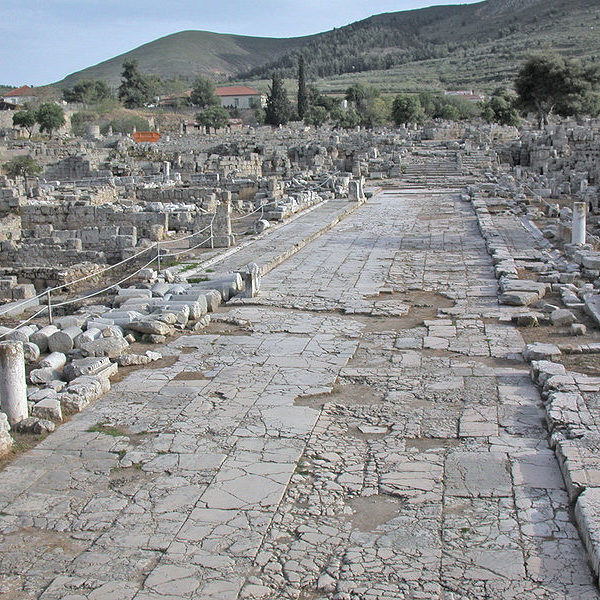
Paul’s argument that spiritual gifts are the manifestation of the one Gift of the Spirit, given for the service of the common good, provides a useful starting point for reflection upon the meaning of representation in society more generally. The ecclesiological vision of 1 Corinthians 12 resonates in challenging ways in our polarized political cultures, summoning us to new modes of engagement.
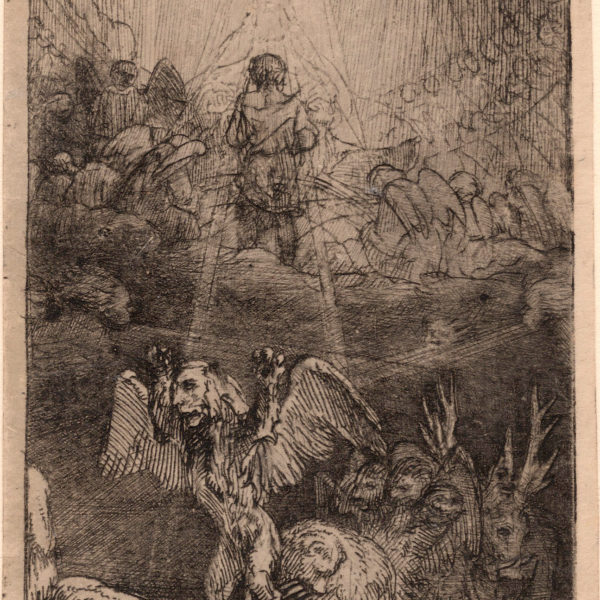
For those living in powerful nations, for those prospering in the global economy, our response to the Reign of Christ Sunday might better be one of repentance than triumph, of humility rather than arrogance. For the reign of Christ stands in opposition to our own reigns, as the world is turned upside down, bringing judgment for those in power and justice for those who have suffered.

As political theologians we may be peculiarly vulnerable to the error of neglecting—or even denying—the significance of the obscure and personal struggles and victories of the faithful that do not assert themselves onto the grand public stage of society. We have much to learn from Hannah’s recognition that, in God’s answer to her prayer for a son, the seeds of a dramatic social and political upheaval had been sown.

The biblical images of God as divine king are often handled with embarrassment in a more egalitarian age. However, although it may appear little more than accommodation to ancient despotic assumptions, throughout the Scriptures the kingship of God is presented as a great force for liberation against all human tyrants.

The term ‘cosmos’ is used in a number of different senses in Jesus’ prayer in John 17. Within the fluidity of Jesus’ employment of this term we find a multi-faceted characterization of the world that can inform our politics.
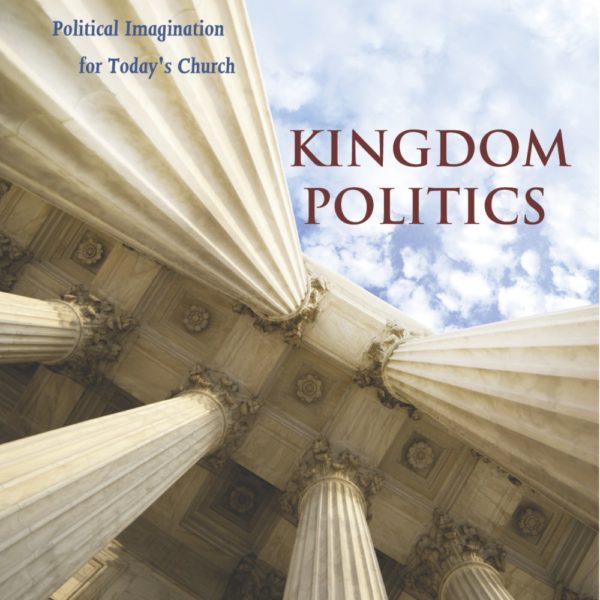
With the start of the 2016 election season now coinciding with the publication of Kingdom Politics: In Search of a New Political Imagination for Today’s Church, we are reminded of the beginnings of this book project. As the 2012 election cycle began picking up steam, we embarked on a journey to research the ways five diverse congregations engage and avoid politics, and the reasons they give for doing so.

The familiarity of the 23rd Psalm can blind us to the striking political dimensions of its message: YHWH is the shepherd of the king, protecting him from enemies and granting his kingdom prosperity. Close reflection upon this psalm may also suggest some significant applications within the contemporary world.
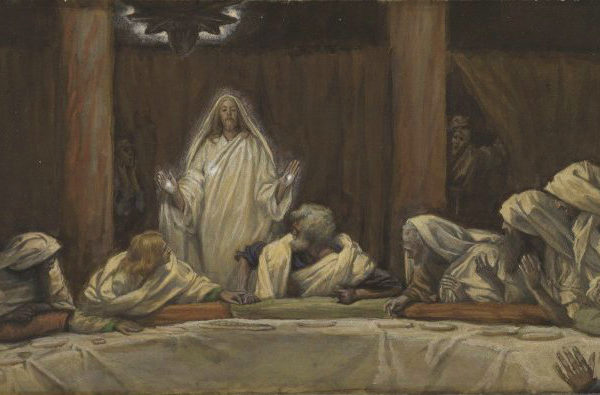
The law is a dying and rising reality, not a dead letter etched in stone. Through the hermeneutics of resurrection words once consigned to the grave of the past burst with liberating and life-giving force upon an unsuspecting world.
